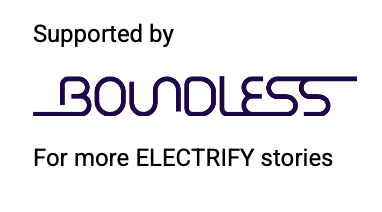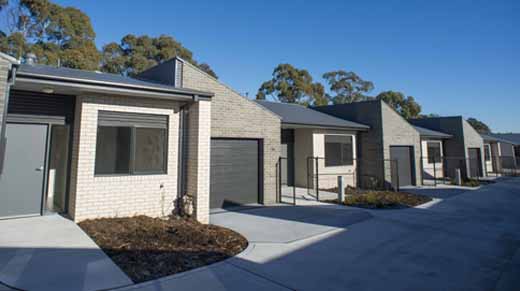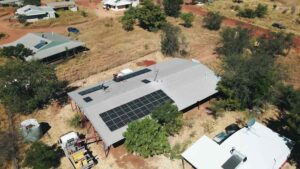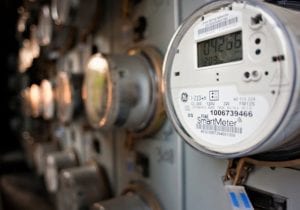 Canberrans suffering from chronic health conditions are the focus of a new ACT government pilot scheme offering up to $10,000 towards fitting out low income homes with energy efficient electric appliances and ceiling insulation.
Canberrans suffering from chronic health conditions are the focus of a new ACT government pilot scheme offering up to $10,000 towards fitting out low income homes with energy efficient electric appliances and ceiling insulation.
The pilot, announced on Friday, aims to upgrade 20 homes by the end of the year, with plans to expand its reach in the future.
The government says participants in the scheme will be identified through referrals from health or low-income support not-for-profit organisations.
The new pilot was announced alongside changes to the Capital Territory’s existing Home Energy Support program, with the addition of ceiling insulation to the list of energy upgrade measures for which eligible homeowners can access rebates of up to $5,000.
On top of the rebate, which targets low-income households, participants can also access a zero-interest loan of up to $10,000 to help with the remaining costs of the upgrades, which could include rooftop solar and a range of efficient electric appliances.
ACT energy minister Shane Rattenbury says the additional Chronic Health Conditions Pilot Program will ensure access to thermally “comfortable homes” for those in the community who most need it.
“All Canberrans deserve a warm home in winter and cool house in summer. It’s critical that we continue to prioritise our support to those who need it most as we make the transition to an efficient and all-electric city,” the minister said.
Gemma Killen, head of policy at ACT Council of Social Services (ACTCOSS) says the new pilot will help ensure a just transition to all-electric homes in the Capital.
“It is important that low-income and vulnerable households don’t get left behind in our path to electrification,” Killen said.
“Expanding programs and rebate offerings will help overcome barriers to having an energy efficient, and comfortable, home.”
The new policy from the ACT government follows the allocation of almost $3 billion in the 2023-24 federal budget to measures that will help homes and businesses drive down their everyday energy costs and cut their emissions and reliance on fossil fuels.
In what Rewiring Australia dubbed the nation’s “first electrification budget,” the Albanese government hands $1 billion to the Clean Energy Finance Corporation to help households afford the shift to gas-free, all electric and solar powered homes.
Another $300 million of federal money will go towards electric and efficiency upgrades to social and public housing through a like-for-like funding partnership with the states and territories.
The ACT, meanwhile, is well down the track of electrification, with a plan to quit gas by 2045, a project that has seen the territory remove the once-mandatory requirement for new developments to include gas infrastructure, and a ban on new ICE cars by 2035.
It already has one all-electric suburb, Ginninderry Estate, and a new greenfield development in Gungahlin, Jacka, is set to be the second.
And last month the government announced it was working alongside Choice to help existing home owners identify what appliances can be switched to electric, what deals are available, the estimated cost of conversion and potential savings.
“The ‘make your next choice electric’ tool provides Canberrans with access to free, independent advice from Choice, which usually sits behind a paywall, to help households choose the best energy efficient options to replace old or broken gas appliances,” said Rattenbury in April.
“Over the next 20 years, we are asking Canberrans to make their next choice electric. These steps do not all need to be taken at once, and there is no immediate rush – consumers can replace appliances at a time that is right for them,” he says.
“An average household of four people, who live in a typical medium-sized Canberra home built before 1996 with all gas appliances, could save over $2,500 a year in energy bills if they transition to efficient electric appliances.”
The ACT is also piloting a project to electrify an existing suburb. The ‘Suburb Zero’ trial will use $20 million of federal government funding and $50 million of private sector capital for a two-year, opt-in program, to give Canberran households a 20-25 per cent saving per year on energy bills.










